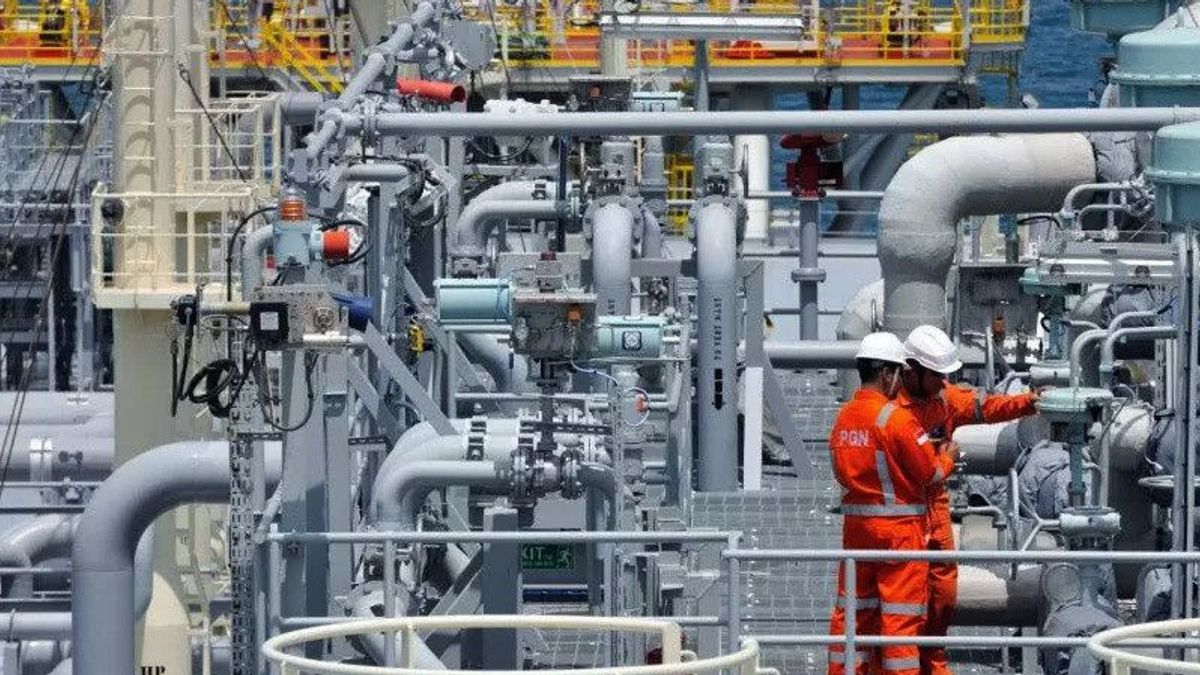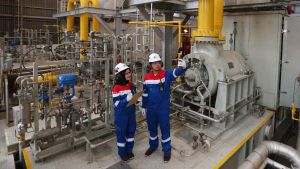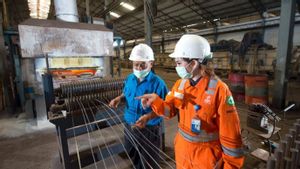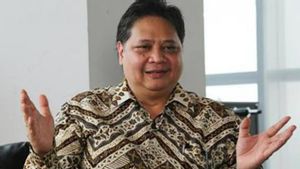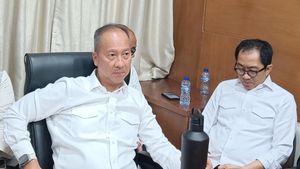JAKARTA - The Ministry of Industry (Kemenperin) said that the policy for Certain Natural Gas Prices (HGBT) intended for several sub-sectors of the manufacturing industry is still not optimal. This is because there are still a number of problems in its implementation
Meanwhile, industry players hope that HGBT can be implemented as well as possible to support competitiveness.
Spokesperson for the Ministry of Industry, Febri Hendri Antoni Arif, said that the first problem faced in implementing the HGBT policy was that the natural gas price that had to be paid by the recipient industry still exceeded the provisions.
More than 95 percent of companies designated as recipients of HGBT are based on the Decree of the Minister of Energy and Mineral Resources Number 91 of 2023 still receiving natural gas prices above 6 US dollars/MMBTU.
"HGBT continues to rise every time there is a new determination. In addition, certain natural gas prices received by companies are not uniform / not the same even though they are in the same area," Febri said in his official statement, quoted Friday, August 4.
Febri gave an example, in the West Java region, PT Indo Bharat Rayon received an HGBT of US$6.61 / MMBTU, PT technical received an HGBT of US$6.5 / MMBTU. Meanwhile, PT Trinseo Material received an HGBT worth US$6.73 / MMBTU.
He said the second problem was that the industry experienced certain natural gas supply restrictions. In 2022, there will be quota restrictions in East Java between 61-93 percent of contracts and the imposition of daily surcharge for excess usage of quotas set in almost all companies.
"Meanwhile, in West Java, during 2022, the volume of natural gas charged at prices according to the Decree of the Minister of Energy and Mineral Resources is between 89-97 percent. If the industry uses more than 89% percent, the rest must be paid at normal prices," said Febri.
The third problem, said Febri, is that there are still many industries that have not received HGBT even though it has been recommended by the Minister of Industry (Menperin).
Throughout 2022, the Minister of Industry has recommended 140 industries to receive HGBT, but it has not been determined. In addition, there are also industries that have been designated as recipients of HGBT, but have not been given. For example, PT Pupuk Iskandar Muda 1 has not yet received HGBT for the supply of natural gas raw materials of 40 BBTUD.
"We have the principle of No one left behind. This means that there is not a single gas user industry, either as raw materials / auxiliary materials and energy that do not get gas of 6 US dollars per MMBTU and the supply is smooth according to the target," he said.
According to him, so far the implementation has increased production utilization by 7.3 percent in 2021. Previously, during the COVID-19 pandemic, industrial utilization had decreased by around 4.2 percent. Thus, the HGBT policy is estimated to have had a net impact of an increase of 11.5 percent.
This is the result of a study conducted by the Ministry of Industry together with LPEM FEB-UI. Based on its industrial group, the HGBT policy significantly increased the utilization of the glass industry by 32.55 percent and the ceramic industry by 10.26 percent. The autochemical industry and rubber gloves also experienced an increase in production utilization during the peak of COVID-19.
In terms of exports, the performance of the HGBT recipient business field also continues to increase. The rate of export growth which was slightly hampered in 2020 immediately jumped to double in 2021 and 2022, compared to before COVID-19 hit.
اقرأ أيضا:
"With the increasing productivity of the industrial sector receiving HGBT, the number of workers has also increased. This shows that the provision of HGBT is very much needed by industry players," said Febri.
Furthermore, said Febri, the priority of meeting domestic natural natural gas needs to be reaffirmed. The industrial sector, especially gas users, both as raw and energy materials requires sufficient supply and competitive prices in the long term.
Therefore, more comprehensive arrangements are needed in order to provide space for the industrial world to be competitive. "The Ministry of Industry will continue to support and fight for industry players who need it to continue to get HGBT," he concluded.
As for 2022, there was an increase in the HGBT allocation for the manufacturing industry by 13 BBTUD. However, there was a shortage of natural gas supply in East Java from January to October 2022 (before JTB on-stream) of 92 BBTUD. The realization of HGBT in the industrial sector is 83.02 percent in 2022.
The English, Chinese, Japanese, Arabic, and French versions are automatically generated by the AI. So there may still be inaccuracies in translating, please always see Indonesian as our main language. (system supported by DigitalSiber.id)
